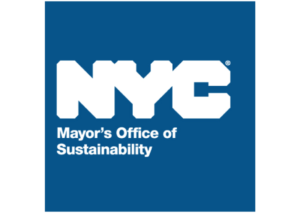Lyft, Inc. – Nicholas Brayer – 2020
Goals
Lyft launched its bikes and scooters business in 2018, taking a key step toward its mission of improving people’s lives with the world’s best transportation. Environmental sustainability was a key tenet that drove Lyft’s micromobility expansion and Lyft is continually improving how its rideables reduce emissions. Lyft enlisted EDF Climate Corps fellow Nick Brayer to enhance its life-cycle visibility and create the business case for sustainable improvements across its bike and scooter business.
Solutiions
In order to pinpoint Lyft’s priority opportunities for improving its micromobility sustainability, Nick interviewed over 50 relevant stakeholders, process-mapped the entire rideable operation, reviewed existing assessments, and performed a competitive analysis. He then updated Lyft’s quantitative life-cycle analysis (LCA) of Lyft’s e-scooter and e-bike models to determine how greenhouse gas (GHG) impacts are distributed across production, transportation, operations and end-of-life handling. Nick highlighted how the impacts of the LCA tie to Lyft’s key business metrics and goals, creating a short-, medium-, and long-term strategic roadmap for sustainable improvements.
Impact
Nick’s LCA results and sustainability strategy demonstrate how Lyft can continue to reduce the per-mile GHG impacts for e-scooters and e-bikes while continuing to grow. He identified millions of dollars in cost-saving opportunities that can also lower Lyft’s micromobility platform emissions footprint significantly.








